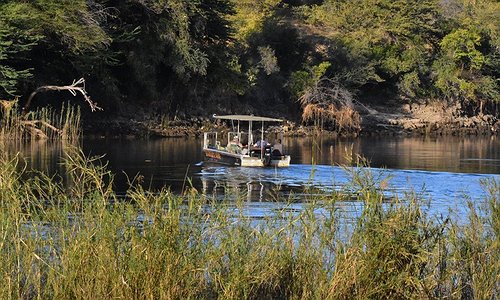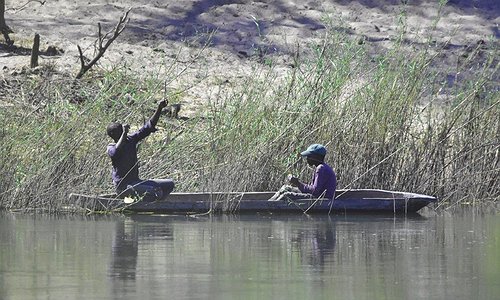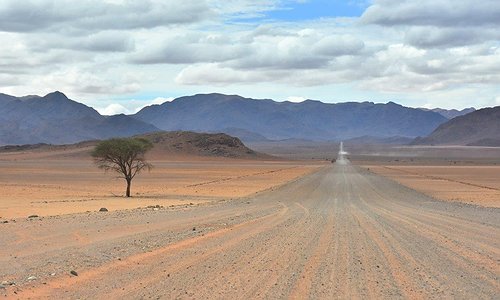Traditions that travel with you

For years, a bottle of Granny Smith dry white wine travelled with us through Namibia and Botswana without ever being opened. Until in 2020, on a campsite in Etosha.
The reason? It was part of 24 bottles, brought with them by dear old friends who toured with us through the country in 2015. The other 23 were consumed together and in time, but that one stayed unopened and became a relic of remembering and nostalgia and was almost revered – especially after those friends departed on a journey to much greener pastures.
Across Southern Africa, travellers of every background - locals, migrants, adventurers - take parts of home with them. In camp kitchens and glove boxes, at border posts and dusty fuel stops, traditions are repacked again and again.
A South African family might start a road trip with the same padkos their grandparents prepared decades ago - boiled eggs, rusks, and perhaps a flask of sweet coffee. A digital nomad crossing into Botswana may set up camp each night the same way, solar lamp on the left and, a journal on the right.
These are not grand customs, but they’re deeply personal - and they travel well.
Modern Western travellers bring their own rituals. Some light a candle at dusk in every new place. Others maintain the habit of morning yoga beside a riverbank or a daily sketch in their notebook. These actions, however modest, give shape to unfamiliar days. They are not borrowed from local culture, but they make space for appreciation of it.
In Southern Africa, these travelling traditions blend and adapt. Someone raised in Joburg may stop to greet elders in Setswana when passing through rural Limpopo, even if they’re more fluent in English.
A visitor from London may return each year to hike the Fish River Canyon, bringing along the same battered boots and lucky bandana. Familiar objects and gestures become part of the landscape.
Markets and roadside stalls reflect this exchange. Whether buying biltong in Calvinia or rooibos tea near Clanwilliam, returning to known tastes is its own ritual. These habits don’t deny the thrill of discovery. They create a comforting thread through it. Culturally rich experiences emerge not only from what is seen but how we return to ourselves while exploring.
Packing is often the first act of tradition. Some tuck a prayer book between shirts. Others slip a favourite playlist onto an old iPod. A carefully chosen scarf, a family recipe, a worn paperback - all symbols of self that turn unfamiliar places into something liveable. These small traditions, built over time, connect travellers to past journeys and prepare them for new ones.
Even in the digital age, where itineraries live on phones and reviews steer decisions, physical rituals persist. A camper might brew coffee the same way each morning, no matter where the fire burns. A hiker may always pause at a peak to breathe and write a single sentence. These moments are not performance, they are grounding.
Tradition also shows up in the way we connect with others on the road. Sharing stories around a fire, exchanging travel tips at a rest stop, teaching a fellow traveller how to make vetkoek or set up a rooftop tent and these shared customs evolve into collective memory.
Names of places and amenities also stay with you. Especially if they have been renamed by your children, either on purpose or by accident. Therefore we still use the ambisieblokke (ambition blocks) instead of ablusieblokke (ablutions) at campsites and fondly mark Vlentersburg (Ventersburg) and Parasburg (Karasburg) on our routes…
Southern Africa, with its vast distances and layered cultures, offers space for both new discovery and the continuation of personal practice. Tradition here isn’t confined to one group or origin. It’s what you carry, repeat, and pass along.
So before the next journey, take stock. What habits will you bring? What gestures will you repeat? These rituals, both ancient and new, shape how we move through the world. They remind us that travel, no matter how far it takes us, always brings something familiar along.




